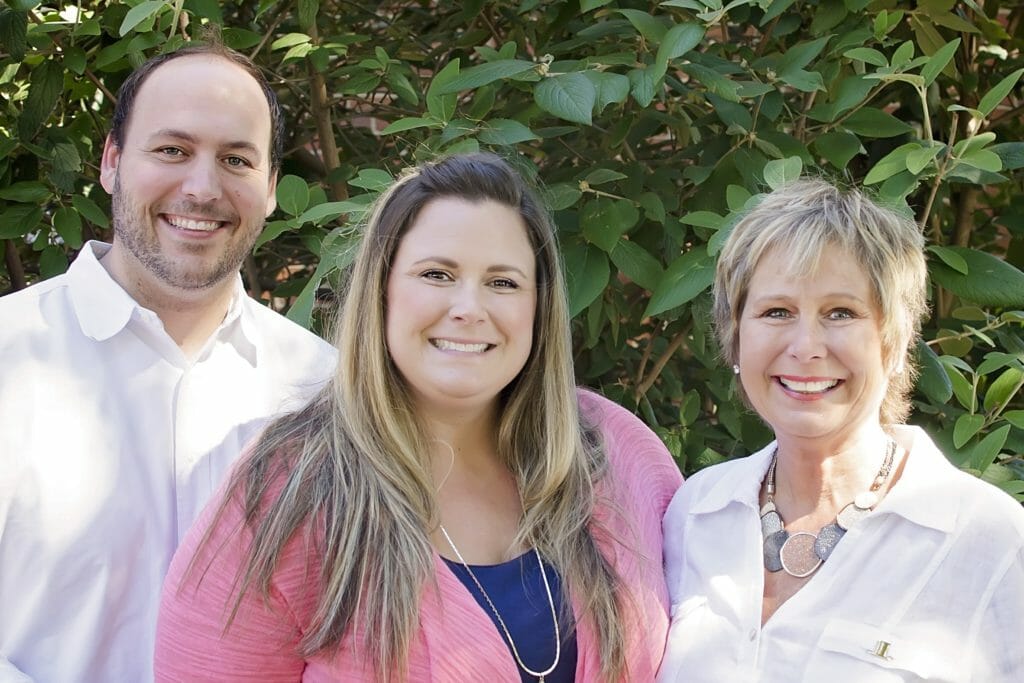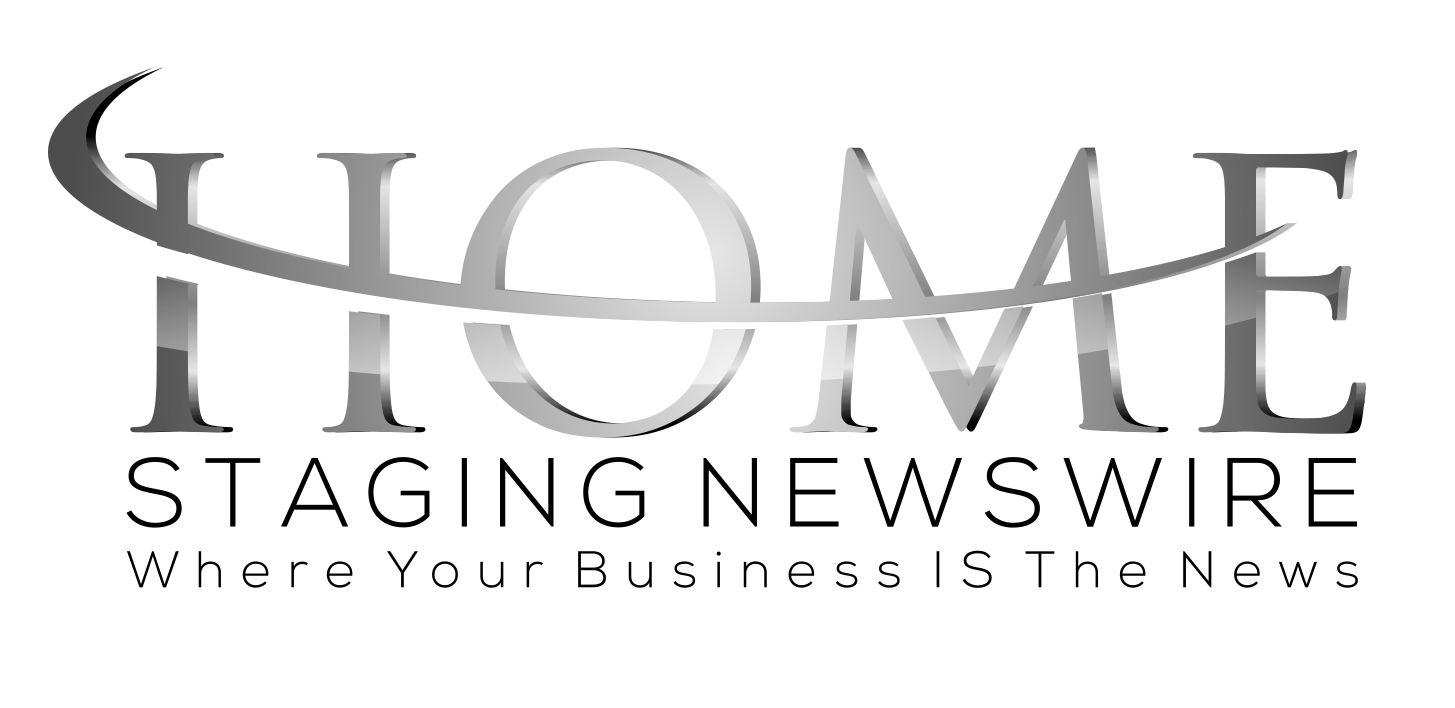What I Wish I Knew Before Selling My Staging Business
You Don’t Know, What You Don’t Know…

Photo from Liz Connolly’s Entry From The 2017 Top Ten Best Home Staging Teams Of The Year
Where do I begin? In January 2007, we started our staging business with $5,000 and a prayer.
On December 1, 2006 I turned the big 5-0, decided that I was tired of working for someone else, and wanted to start my own company. I spent the month roughing out a business plan for our staging company, asked my daughter Courtney to come aboard, turned in my resignation and the rest is history.
Back then we had no idea where this crazy “new” industry was going. We really didn’t know what we didn’t know and were very blessed that the staging industry as a whole continued to grow and flourish. Although we had a design and real estate background and had worked for major home builders, we never had any formal staging training…we didn’t even realize there was formal home staging training available back then! Due to our extensive network of builder and realtor contacts, our business grew and flourished from the very beginning.

In 2018 (11 years into the business) we began tossing around the idea of selling my staging business. My husband retired in May of that year and my daughter and her family began toying with the idea of moving to Florida. Our staging company had been growing year-over-year, we were consistently profitable and maintained a steady repeat client base. All that was fine and good, but we had no earthly idea of how to go about selling the company.
We asked our long-time CPA for advice and he contracted out for a business valuation. We were shocked at the number he provided and knew in our hearts that our business was worth much more than the amount he proposed. We really weren’t sure how to proceed at that point, but the more we talked about it the more we were certain that we definitely wanted to sell and move out of state.
At a networking event I was chatting with an attorney friend and mentioned our dilemma. He asked if we had contacted a business broker. Of course, we hadn’t! We never even heard the term business broker and weren’t sure what a broker actually did in relation to selling a small business.
We began our research and hired Steven Denny of Innovative Business Systems to manage the marketing and sale of our company. It was the best decision we ever made.
Another thing we learned along the way as we were putting together the team to sell our business is the fact that there are attorneys that specialize solely in the sale of a business. While we had an attorney that assisted in incorporating the business and with developing our contracts, etc. he was not the right fit for handling the sale of the company. We learned the importance of hiring a specialist.
The key thing we learned during the discovery process of selling our business is the term “Personal Goodwill”. That was a game changer. Most stagers simply sell their inventory and call it a day.
According to Wikipedia Goodwill in accounting is an intangible asset that arises when a buyer acquires an existing business. Goodwill represents assets that are not separately identifiable. Goodwill does not include identifiable assets that are capable of being separated or divided from the entity and sold, transferred, licensed, rented, or exchanged, either individually or together with a related contract, identifiable asset, or liability regardless of whether the entity intends to do so. Goodwill also does not include contractual or other legal rights regardless of whether those are transferable or separable from the entity or other rights and obligations. Goodwill is also only acquired through an acquisition; it cannot be self-created. Examples of identifiable assets that are goodwill include a company’s brand name, customer relationships, artistic intangible assets, and any patents or proprietary technology. The goodwill amounts to the excess of the “purchase consideration” (the money paid to purchase the asset or business) over the net value of the assets minus liabilities. It is classified as an intangible asset on the balance sheet, since it can neither be seen nor touched. Under US GAAP and IFRS, goodwill is never amortized because it is considered to have an indefinite useful life. Instead, management is responsible for valuing goodwill every year and to determine if an impairment is required. If the fair market value goes below historical cost (what goodwill was purchased for), an impairment must be recorded to bring it down to its fair market value. However, an increase in the fair market value would not be accounted for in the financial statements. Private companies in the United States, however, may elect to amortize goodwill over a period of ten years or less under an accounting alternative from the Private Company Council of the FASB.
We learned that in the sale of our business, much of the personal goodwill was subjective. It was a back and forth “dance” between the attorneys to allocate how much of the sale was asset based and what percentage should be allocated to personal goodwill. The personal goodwill aspect of a sale is taxed at a significantly lower rate than the assets. Learning this was a game-changer that allowed us to receive a significantly higher sales price for the company.
Our business broker was impressed with the fact that we had all the systems, processes, procedures, employee and financial records in place which allowed him to begin marketing the company without undue work and stress on our part. He was able to secure a buyer for the company fairly quickly and we moved through the purchase agreement phase without any major issues.
One other thing we wish we would have known was that when a buyer is utilizing the SBA as a financing source, the SBA requires three full years of IRS generated business tax transcripts. We had copies of all our tax returns, but they insisted upon the actual transcripts. At the time we were selling, these transcripts were not available on-line and the day after we learned we needed them the county experienced a government shutdown. We were supposed to close on January 2 and due to the fact that we could not obtain these certified returns from the IRS, the sale was delayed until March 7. Had we known, we would have requested transcripts each year after our returns were filed. I urge you to begin requesting these now and annually going forward…you never know when the Country will experience another shutdown.
The final thing I wish I had known was how conflicted I would feel once the sale was closed. It’s almost like seeing your baby go off to college. I was happy for the new owner, but it was hard for me to watch the changes happening in the new company. Not that they were “bad”, things were just different. I really didn’t know how hard it would be to let “my baby” go.
The best advise I can give is to wish the new owner the very best, stop following “your baby” on social media and move on to your exciting next chapter.
Knowledge is power…the more you know, the more successful you will be in selling your staging business. Read my blog about 5 steps to take NOW if you plan to sell your staging business in the future here.
- 5 Actions To Take Now If You Want To Sell Your Staging Business - February 18, 2021
- Do You Have An Exit Strategy For Your Staging Business? - February 15, 2021
- What IWish I Knew Before Selling My Staging Business - February 6, 2021

